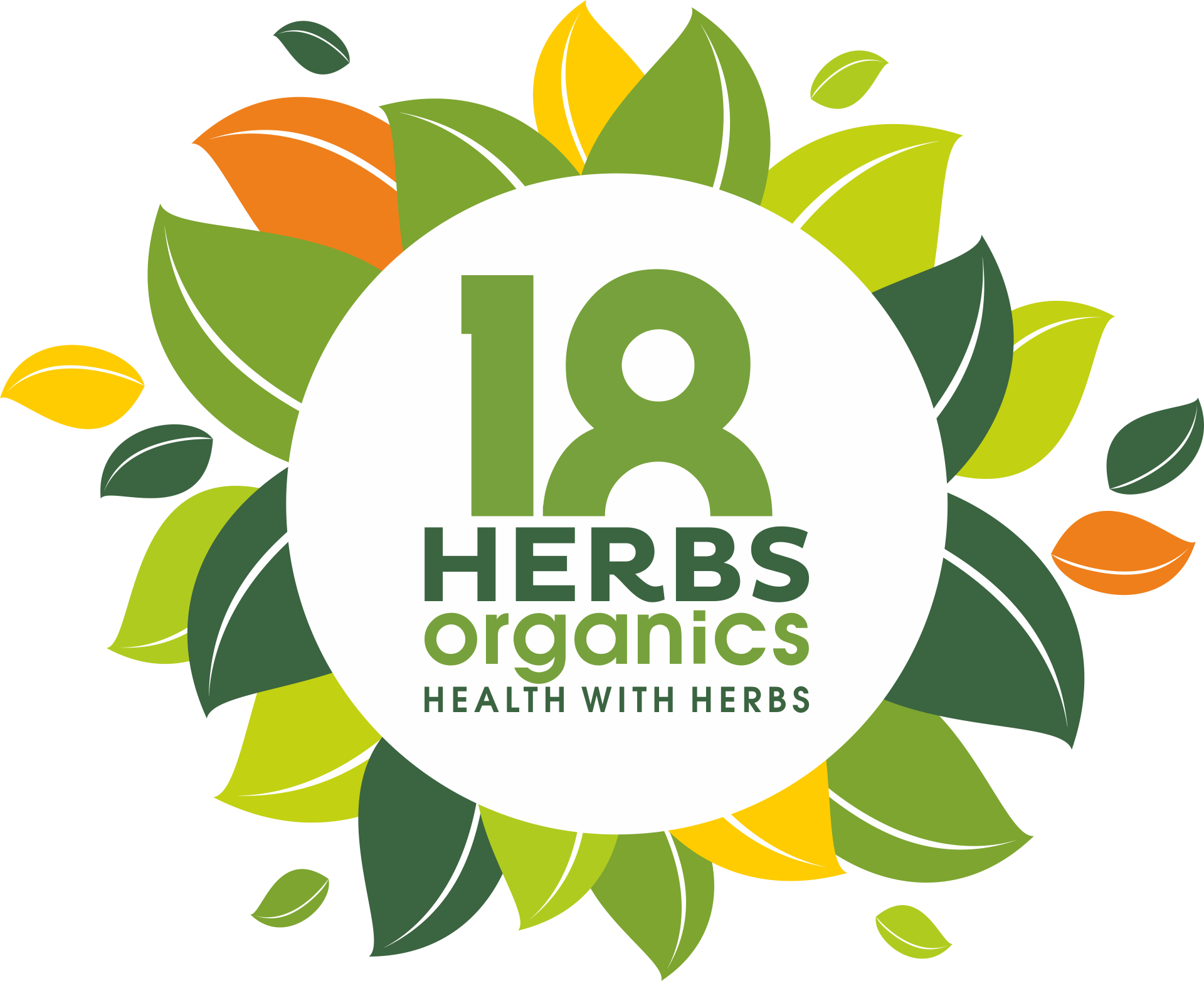Every year on June 7th, the world comes together to celebrate World Food Safety Day, an initiative led by the World Health Organization (WHO). This day is dedicated to raising awareness about the importance of safe food handling practices, from farm to fork.
"Food safety: Prepare for the unexpected": Theme for 2024
This year's theme, "Prepare for the unexpected," aptly highlights the crucial link between a safe food system and global well-being. Foodborne illnesses, caused by consuming contaminated food, affect millions of people globally each year. These illnesses can range from mild discomfort to severe and even life-threatening consequences.
A Look Back: The History of World Food Safety Day
World Food Safety Day was first established at the 60th session of the World Health Assembly in 2006. The assembly recognized the significant burden of foodborne illnesses and the need for international collaboration to address this issue. Since then, World Food Safety Day has grown into a global movement, with countries, organizations, and individuals worldwide participating in raising awareness and promoting safe food practices.
Why is World Food Safety Day Important?
Food safety is a critical concern for everyone. Unsafe food can lead to a variety of health problems, impacting individuals, families, and communities. Here are some reasons why World Food Safety Day is important:
Raises Awareness: The day serves as a platform to educate consumers about the risks of foodborne illnesses and the importance of safe food handling practices.
Promotes Collaboration: It encourages collaboration between governments, food producers, retailers, and consumers to build a safer food system.
Empowers Consumers: By equipping consumers with knowledge and skills, they can make informed choices when purchasing, handling, and preparing food.
Protects Public Health: By prioritizing safe food practices, we can collectively reduce the burden of foodborne illnesses and contribute to a healthier global population.
How 18 Herbs Organics Contribute to a Safer Food System:
18 Herbs Organics is dedicated to providing you with safe and high-quality organic products. We focus on:
Sustainable Sourcing: We source our herbs from either our own organic farms or certified organic farms that are under our strict supervision. This ensures that our products are grown without harmful chemicals or pesticides.
Focus on Natural Ingredients: Our products prioritize natural ingredients, free from artificial additives or preservatives that might raise safety concerns.
Safe Manufacturing Practices: Our manufacturing facilities adhere to strict hygiene and safety standards.
Environmental Responsibility: Our sustainable practices contribute to a healthier environment for food production.
Celebrate World Food Safety Day with 18 Herbs Organics:
Enjoy Herbal Teas Safely: World Food Safety Day is a great time to explore the variety of herbal teas offered by 18 Herbs Organics. Since they are a single-ingredient product, you can be confident about what you're consuming.
Embrace a Holistic Approach: 18 Herbs Organics goes beyond just tea, offering various organic and natural products that can contribute to a healthy lifestyle.
By choosing 18 Herbs Organics, you can be assured that you're getting products that are not only good for your health but also contribute to a safer food system.
By making informed choices and taking simple precautions, we can all do our part to create a safer food system for ourselves and future generations. Let's celebrate World Food Safety Day by taking a stand for safer food and a healthier world!

